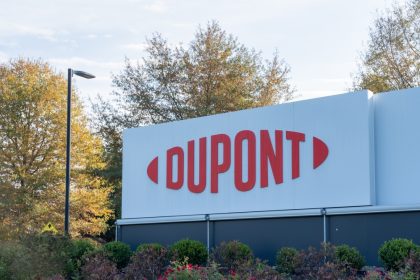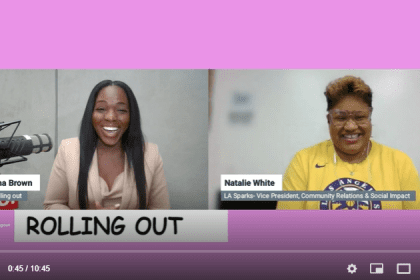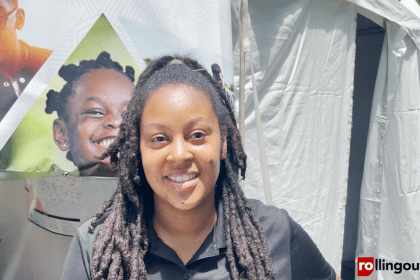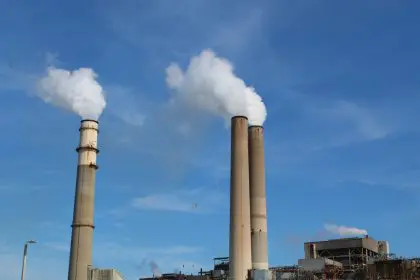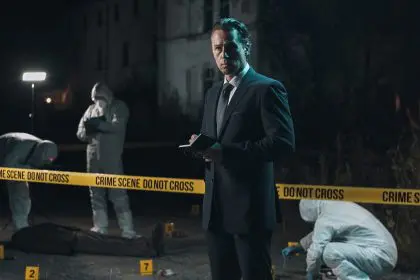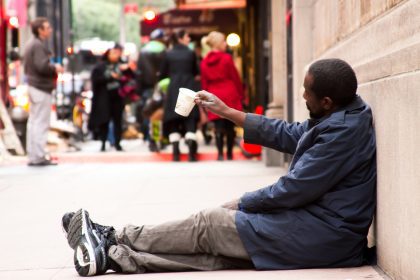At 22 years old, Jerome Foster II is the youngest White House advisor in U.S. history. He serves as a member of the White House Environmental Justice Advisory Council within the Biden administration. Foster is leading GenZ to solve environmental issues that have not been addressed for the past 20 to 30 years. In this interview with rolling out, he outlines how he plans to make a cleaner and more sustainable environment, especially for under-resourced communities.
How can we create partnerships with the individuals who have to manage how New York trash is disposed of?
Trash is a very interesting aspect of the climate crisis because it isn’t directly linked with fossil fuels, but it’s the other aspect of it and how corporations are polluting and putting waste into our communities. One of the biggest things [corporations] can do is to subsidize recycled plastic so that it is the default economic option for [them] and … [not] just a moral statement they’re making. [The recycling is] more of the baseline. I think another thing is making sure companies have a circular economic model. So, if Coca-Cola was sending you a bottle and you drink it, there should be accountability. Before they created some plastic bottles, they had glass bottles and they would come back and collect it … There was this sense of responsibility, which was you [the corporation] gave us this product, [and then] you take it back once we’re done with it.
Describe three things that you would like the Black community to do as part of sustainability.
A lot of the aims that are in environmental movements are to advance climate action, which means to get the CO2 emissions in line with historic levels, and then also to stop the pollution in our communities. The first step to doing that is to decarbonize a lot of different sectors. The way we do that quickly is to electrify things. Instead of using gas stoves use electrical stoves. I think that’s the root of a lot of changes that we need to see: wherever we can, switch to electrical energy [so] we can allow ourselves to be plugged into the grid and have a grid system where people can contribute on a local and community-rooted level.
On the back end of where a lot of industries work with transportation and how we move mass amounts of people and a mass amount of goods, a lot of that comes from making sure there are alternatives to the current system of oil, gas and coal. That’s happening quite rapidly at the moment. Right now, 29 percent of the world is fueled by renewable energy.
The last aspect of it — which is the environmental justice piece of it — is making sure that communities that have already been impacted by the climate crisis are okay. It’s not … enough to [just] remedy the future impacts and the current impacts of climate change, but to see communities like Mossville, Louisiana, which have already been impacted by massive [nitrogen oxide] pollution. [Those] community members are now being federally ordered to relocate because of the irreversible damages that have happened.
What two things about sustainability would you like the world to use and continue to share?
One, the world must act as if we’re in a climate emergency because we’re in one and, two, listen to the science. … If we listen to the science, that will allow us to go on the best path for our future.

